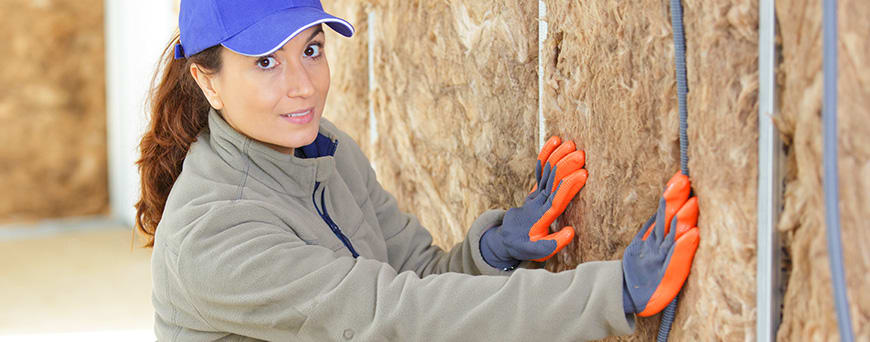Providing Sustainable Solutions is Good for Your Customers and Good for Business

Homeowner interest in sustainable building and home improvement products and practices has grown increasingly over the past decade. Environmental concerns, energy and cost savings, along with quality of life are some of the benefits Customers are focused on. In addition, homes that include sustainable and energy efficient components may be more attractive to future buyers and beneficial for resale.
Providing energy efficient and environmentally friendly products and services can help grow your Business, since potential Customers may choose your company over a competitor due to your commitment.
There are different ways to approach sustainability, but the overall core goals are to reduce water and energy consumption for the long-term by sourcing, where applicable, eco-friendly products and materials supporting those efficiencies.
Some top eco-friendly products for home improvement include bamboo and reclaimed wood flooring, low-flow plumbing fixtures, LED lighting, and energy-efficient appliances. Also consider sustainable options like recycled steel, hempcrete, and sheep wool insulation. These products help reduce environmental impact by minimizing waste, conserving resources, and lowering energy consumption.
Building Materials to Consider:
In Flooring -
Bamboo - A rapidly renewable resource that grows much faster than traditional timber. It's durable, water-resistant, and hypoallergenic, making it a great alternative to hardwood.
Reclaimed Wood - Using salvaged wood from old buildings or structures reduces deforestation and waste.
Cork - Harvested from the bark of cork oak trees, cork is a renewable resource that's also naturally resistant to mold, mildew, and pests.
Linoleum - Made from natural materials like linseed oil, cork powder, and wood flour, linoleum is biodegradable and durable.
Insulation -
Recycled Tile - Using recycled glass or ceramic tiles reduces waste and the need for new materials.
Hempcrete - Made from hemp hurds and lime, hempcrete is a natural, breathable, and sustainable
Sheep Wool - A natural and renewable resource that provides excellent insulation and requires minimal energy to produce.
Plant-Based Rigid Foam - A sustainable alternative to traditional foam insulation, often made from renewable resources like soy or corn.
Other Eco-friendly products, include low-flow plumbing fixtures, LED lighting, energy-efficient appliances, rainwater harvesting systems, metal roofing, recycled steel, AshCrete, an eco-friendly concrete alternative, recycled plastic, sustainable plastic, and sustainable paints.
Eco-friendly building materials are crucial for reducing the environmental impact of construction and promoting a more sustainable future. They minimize resource depletion, reduce energy consumption, and lower greenhouse gas emissions, leading to a healthier environment and more efficient buildings.
To help stay apprised of the latest, refer to sources such as these:
ENERGY STAR® : A joint program of the Environmental Protection Agency (EPA) and the Department of Energy (DOE).
U.S. Green Building Council (USGBC): The organization that established and maintains LEED Certification.
LEED: Leadership in Energy and Environmental Design.
